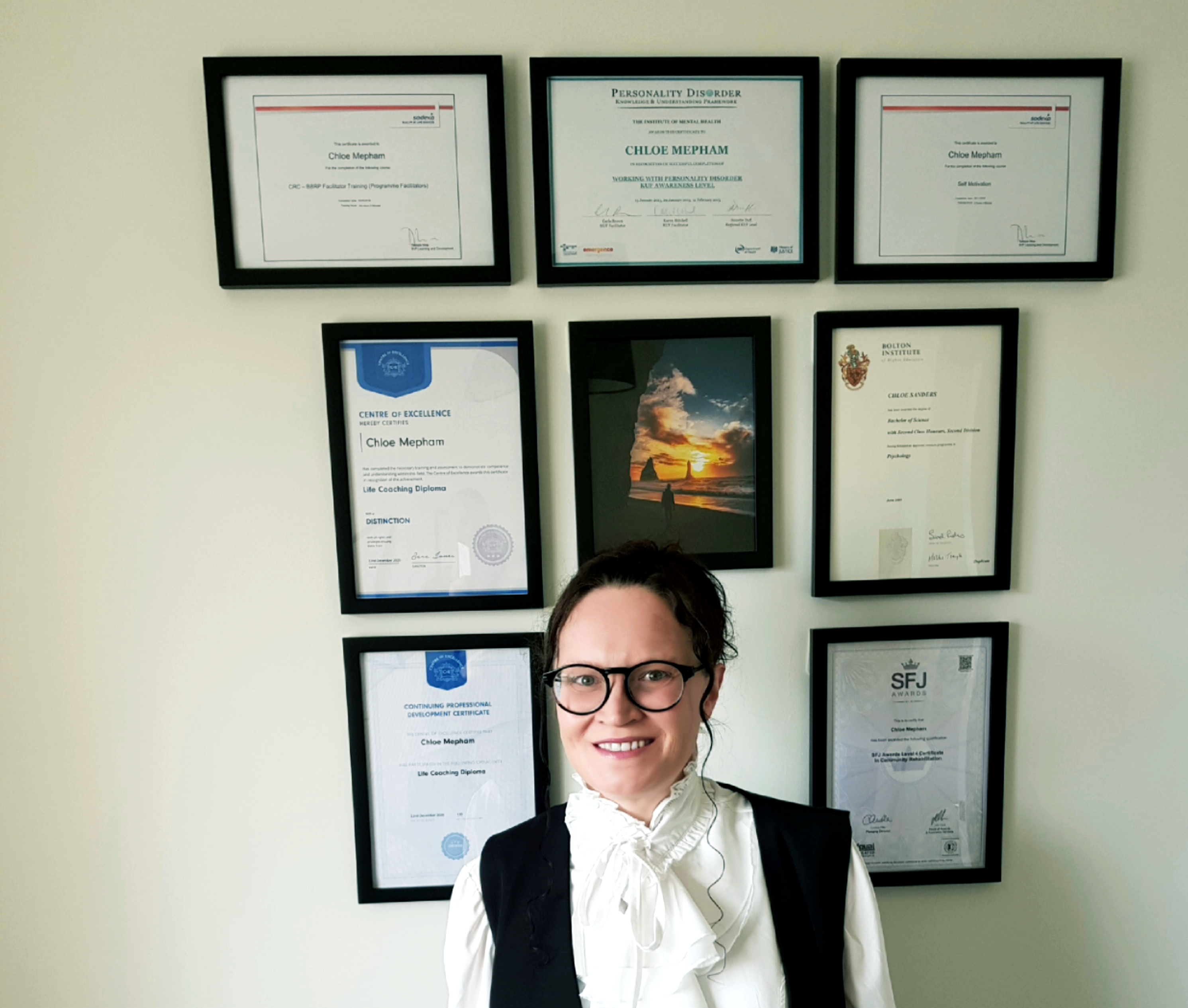Resilience and Reflection
- Chloe Mepham BSc

- Sep 28, 2021
- 2 min read
Updated: Apr 30, 2024

Do you overanalyse situations? Does this overthinking disrupt your sleep patterns? Have you ever missed part of your weekend, thinking about what is coming up next week?
The way in which we view situations can lead to unnecessary stress.
Stress is a natural response. It indicates we need to take action to address our stressors. In small doses, it is a useful indicator. It can provide us with the momentum to address our stressors. If we listen to our bodies, we can catch it before it becomes unmanageable. See my previous article on Identifying Emotional Cues here: Identifying Emotional Cues (chloemephambsc.com) However, if stress is left unaddressed it can become debilitating. So how do we cope?
It is important to be able to build resilience in order to not only deal with stress but also recover from its effects. Especially in times such as those the world confronts at the moment, amid a global pandemic. Coaching in Community Rehabilitation delivering Programmes for six years I found I had to build strategies to maintain my resilience.
Techniques I use to manage stress include my self-care strategies such as exercise, routine, and rest.
In the past, I tended to overthink situations, causing unnecessary worry about something that may not occur, or that I may deal with effectively. I find I work well under pressure.
However, I then had a tendency to overanalyse my actions after as well. Some self-reflection is positive as it provides us with lessons to learn from. However, overanalysing situations can lead to that unmanageable stress. It can cause us to personalise situations, be overly critical of ourselves, or catastrophise situations. I have found adopting mindful practices invaluable. Focusing on the present moment in immense detail using all your senses; sights, sounds, smells, tastes, touch, or climate.
So, whilst regular self-reflection is valuable in order to learn from our experiences, it is a fine balancing act. The way in which we view a situation will determine how it makes us feel. If we start reflecting on something when we are in an emotive state, we run the risk of ruminating about it. This can provoke additional stress. Therefore, I find reflecting on a situation is best performed when I am in a calmer state. This supports me in reflecting a fair degree. It also provides me with enhanced access to my skills such as challenging my internal monologue, perspective-taking, and revisiting previous successes.
In addition, if you have access to reflecting with someone else, who was in the same situation this can be invaluable. It provides a fresh perspective on who, what, where, when, why, and how things happened. Not to mention having access to that vital social support we all need. If you don’t have access to this, there are professionals available such as life coaches that can support you with this.
Everyone is different and will have different methods to manage stress. I believe it is now more important than ever for us to address our strategies to build resilience. If anyone wants support in identifying their strategies to build resilience, please message me directly here: Home | Chloe Mepham BSc Certified Life Coach.

Comments